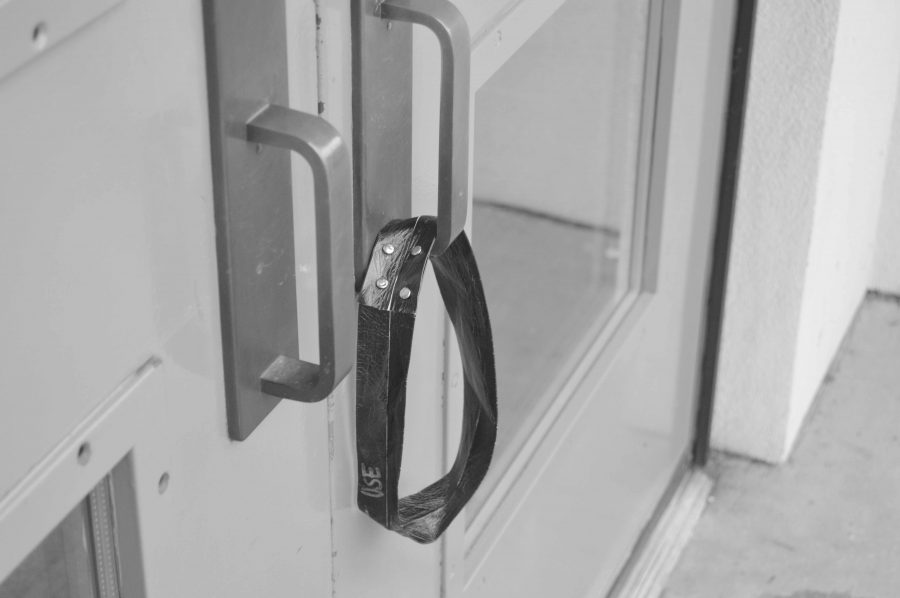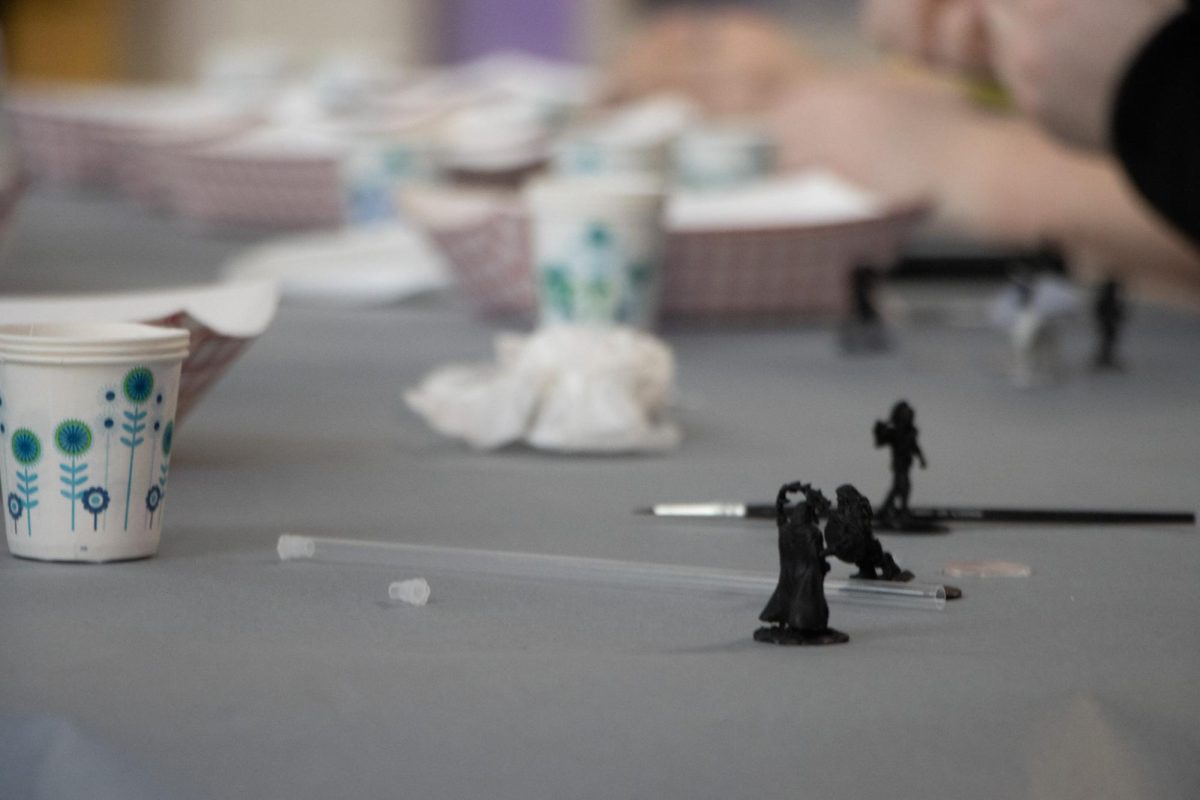After 10 months of public comments, Treasury Secretary, Jacob J. Lew, announced April 20 that Harriet Tubman, a former slave and abolitionist, will replace Andrew Jackson on the $20 in 2020.
Sophomore Lauren McCabe believes the change is good.
“I do not think it is necessary but I think it is good. I do not even know who Andrew Jackson is and what he did,” McCabe said.
Jackson will not completely disappear but will take a more hidden position on the back alongside the White House. Thoughts about putting a woman on the American currency are varied but social studies teacher, Kristin Gerhardt, thinks it is a great choice.
“Do it. It does speak to the state of our society and our culture that women make up 51 percent of our population and are underrepresented in pretty much every level of power, including currency,” Gerhardt said.
The seventh president was an advocate of government policies against Native Americans. One of the more widely-known policies included the Indian Removal Act of 1830. This act led to the relocation known as the “Trail of Tears” which killed almost 4,000 Cherokee Indians.
Sophomore Sydney Benning seemed to know more about Harriet Tubman than the former American president.
“Harriet Tubman led runaway slaves through the Underground Railroad and was notoriously known for this among slave owners. She continuously returned to free more and more slaves from the Confederate States,” Benning said.
Tubman faced fierce competition against 15 other qualified candidates. Recruited as a Union Spy in June 1863, Tubman helped escort more than 300 slaves to freedom. This, along with many other things, has ultimately led to her spot on the $20.
Junior Jeremy Edwards feels Tubman’s accomplishments are more important than her gender.
“I think that putting women on our currency would be a great move in the progressive direction for our country. But her accomplishments as a person is why she should be recognized and placed on the bill for, not her gender,” Edwards said.
Tubman will be the first woman to make an appearance in American wallets since Martha Washington’s portrait on the silver certificates in the late 19th century. In addition, she will also be the first ever African-American. Despite this step toward equality, hateful ideals will always be present.
“Our country has come a long way over the years, but oppression is still very much alive and well. It is something that is deeply rooted within its believers and it takes an extremely strong mind to break free from that way of thinking,” Edwards said.







